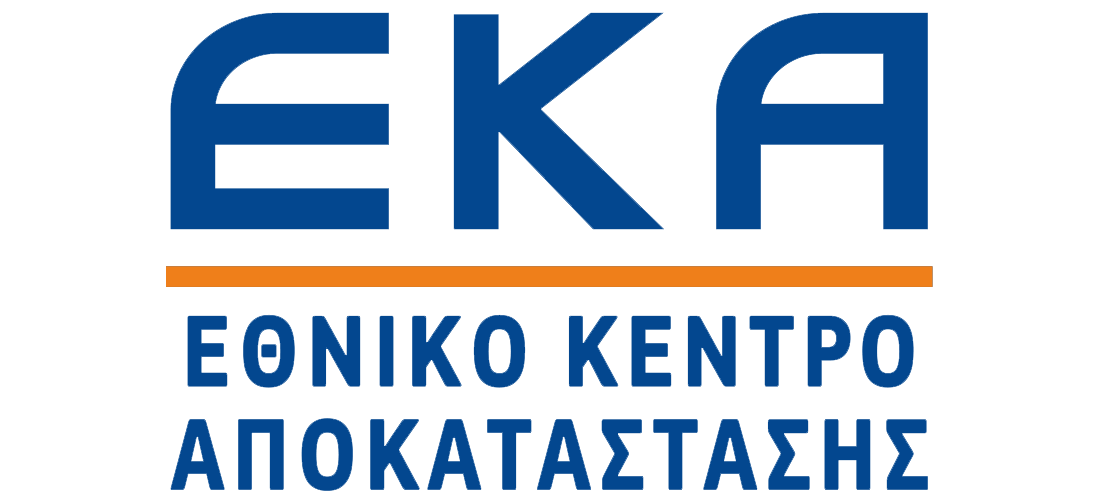The Occupational Therapy Department of the National Rehabilitation Center is located on the ground floor of the main building, next to Physiotherapy, Psychology and Social Work departments. It has five fully accessible rooms.
The Occupational Therapists’ short term goals are preventing implications and giving the appropriate treatment for therapy and rehabilitation, improving and helping functionality of patients with neurological conditions. Their long term goals are to help people with disabilities to live independently, to be productive and to regain social intervention, thus improving their quality of life.
Occupational Therapists treat inpatient and outpatients individually or in groups, depending on every patient’s needs and after doctor’s referral. Furthermore outpatients can make an appointment after the consent of the head of the department and registration at the outpatient secretariat.
Conditions
The Occupational Therapy department has been treating patients since the 1950s. These patients may have a variety of neurological or orthopedic conditions such as head injury, spinal cord injury, stroke, neuropathies/myopathies, neurodegenerative diseases (multiple sclerosis, Parkinson disease, etc).
Occupational Therapy Techniques
The Occupational Therapists of our department are specialized on many updated therapeutic techniques, some of which are:
- Sensory Integration (S.I.)
- Functional Tone Management (F.T.M.)
- PNF
- Rehabilitation of upper extremities by Hand Tutor
- Ergonomics
- Therapeutic entertainment
- Robotics for upper extremities
- Assistive Technology
- Rehabilitation through advanced technology
- Making special Splints and/or aids
Equipment
In order to cover any possible situation for individual or group therapies, there is a big range of equipment in the Occupational Therapy department. Some of them are:
- equipment for meaningful activities
- equipment for retraining upper extremities functional movement
- equipment for sensory reeducation
- special Cognitive games
- special aids
- special adaptations
- splints
- ● adaptive equipment for computers
- RehaCom program for cognitive training
- special adaptations for augmentative and alternative communication
- Able-X for retraining upper extremities
- Wii and Kinems
- ergonomic kitchen and bathroom with special adaptations
- library for the patients
Rooms
Main Hall
At the Main Hall the programs that are held aim to:
- improvement of gross and fine functional mobility,
- improvement of cognitive skills,
- sensory reeducation and
- therapeutic entertainment


Kitchen and Self Care
Some of the activities that take place in the kitchen and the self care department are:
- retraining in performing activities of daily living in alternative ways, like special manipulations or adaptations, or even by training the residual limb
- assessment of the patient’s house and/or workplace for suggesting ergonomic modifications
- training and giving instructions to the patient’s family or carers
- making splints or special aids (eg writing or feeding aids)
Assistive Technology and Interactive Activities through Advanced Technology
In these areas assessment, intervention and training are held for:
- finding alternative ways for accessing personal computers and tablets,
- augmentative and alternative communication,
- environmental control,
- retraining of functional movement
Collaborations
Depending on the patient’s program and for her/his best interest, simultaneous implementation of therapeutic interventions in collaboration with physiotherapists, speech therapists, psychologists, technicians may occur.
Educational work / contribution
Our Occupational Therapy department is providing education for many years as a placement for clinical practice of students from:
- Occupational Therapy Department, University of West Attica
- Occupational Therapy Assistants Departments of several public or private colleges.
We inform other students from medical or paramedical schools about the philosophy of rehabilitation through Occupational Therapy and the way our department works. We collaborate with schools like the former school of electrical engineering, ATEI of Peiraia for exchanging and developing new techniques for our profession like the development of the prototype “Thelxiopi” which is an machine for retraining movement of the upper extremities.
Literary Work
- Presentations and lectures for Occupational Therapy and Rehabilitation in greek and international conferences and seminars.
- Two special publications with instructions for the patients and their families (only in Greek).
- Τμήμα Εργοθεραπείας, Ο ημιπληγικός στο σπίτι, Εθνικό Ίδρυμα Αποκατάστασης Αναπήρων, Αθήνα, 1976
- Τμήμα Εργοθεραπείας, Εργονομικές προσαρμογές στο οικείο περιβάλλον ατόμων με κινητικές δυσλειτουργίες, Εθνικό Κέντρο Αποκατάστασης Ατόμων με Κινητική Αναπηρία (Εθνικό Ίδρυμα Αποκατάστασης Αναπήρων), Αθήνα 2009
Our Team
- Evgenia Georgostathi, O.T., Head of the department
- Efstathia Rapti, O.T.
- Anna Kalomiri, O.T.
- Sofia Tasia, O.T.
- Kalliopi (Kelly) Lappa, MSc, O.T., ATP
Useful links
- Hellenic Association of Occupational Therapists
- Hellenic Association of Assistive Technology
- Design for all
Contuct us:
Main Hall: 2132015176
Self Care: 2132015319
Assistive Technology: 2132015336
Interactive Activities through Advanced Technology: 2132015363
email: ergo@eka-hosp.gr, at@eka-hosp.gr



